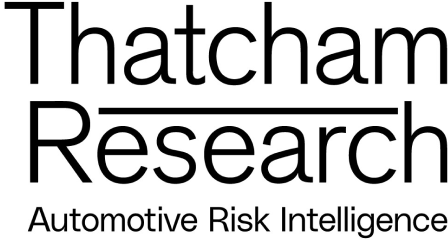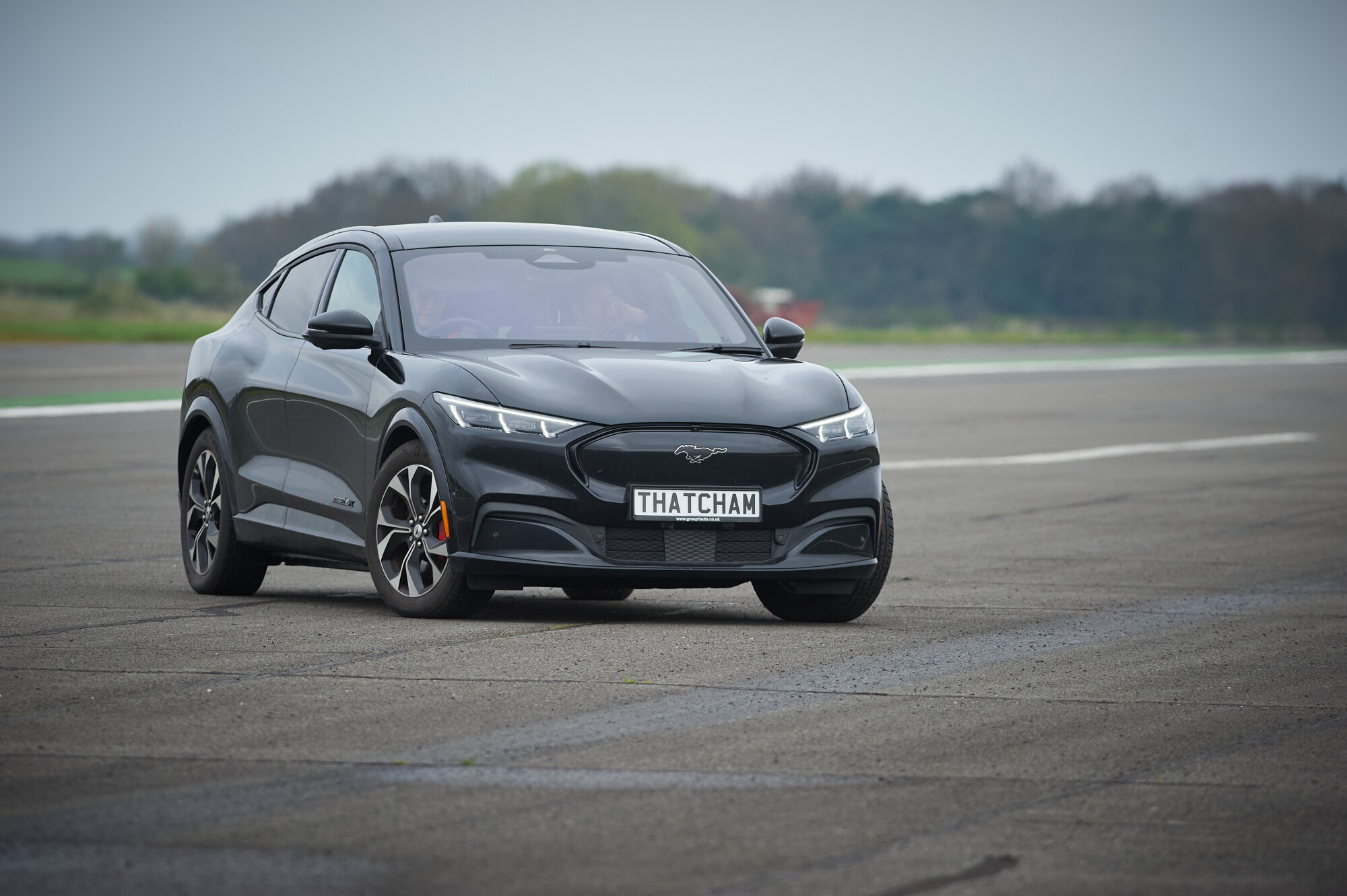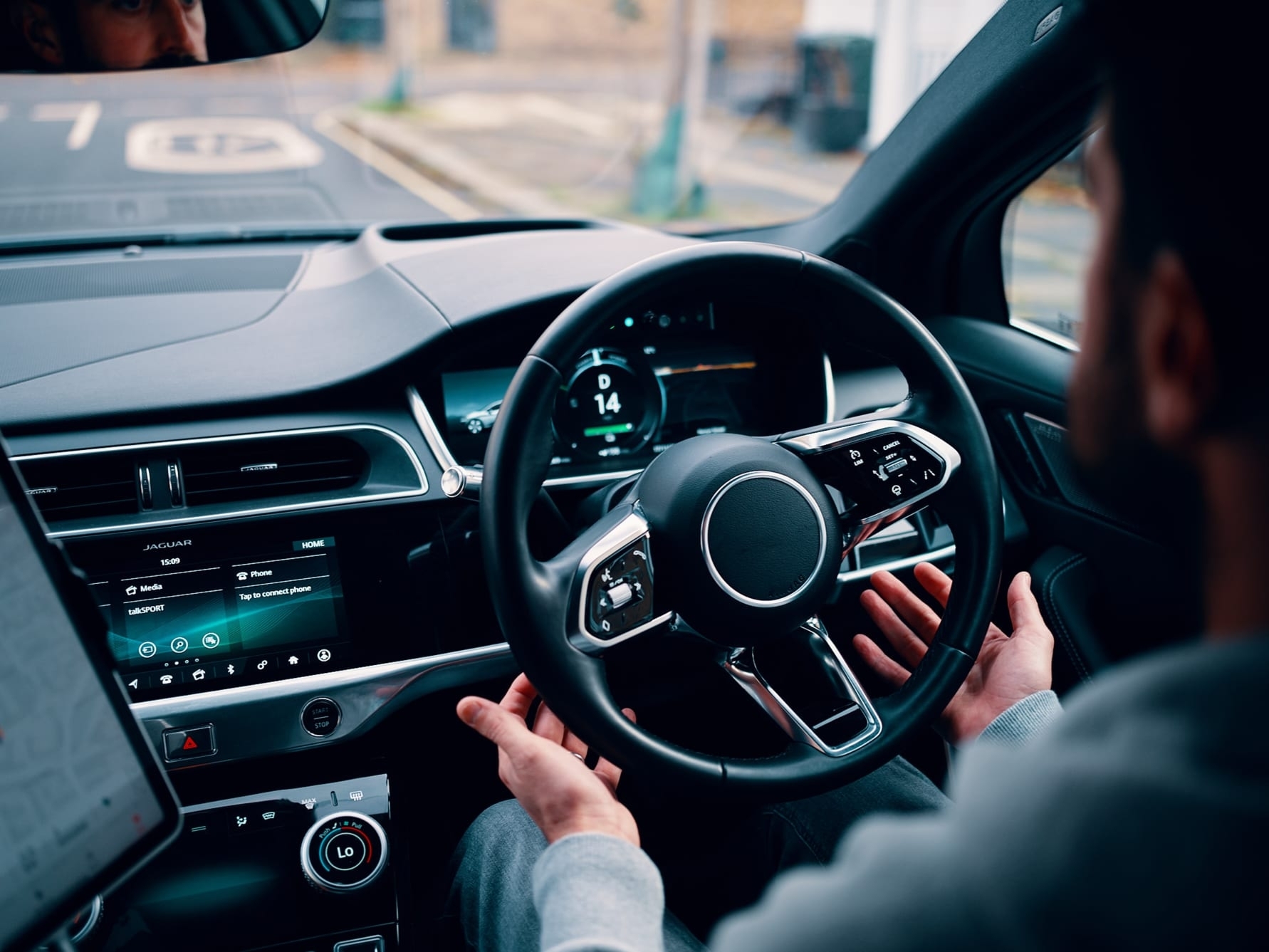- New report from Thatcham Research and Association of British Insurers details requirements for the adoption of Automated Vehicles (AV) in the UK
- Secondary legislation must provide guidance on who is liable if an AV is involved in a collision
- Vehicle manufacturers can no longer advertise driverless functionality unless they meet new legal specifications
Thatcham Research welcomes the introduction of the Automated Vehicles Bill 2024 which is set to receive Royal Assent.
This important automotive legislation will provide robust guidelines for the future of autonomous travel within the UK, introduce clear definitions of automated vehicles (AV)[1], safety principles[2] and demands for the transition from vehicle to driver[3].
The UK will be better placed to embrace this emergent technology, allowing for greater commercial and private use of AVs, an industry with earnings potential of up to £62bn by 2030 according to the SMMT.
To support the AV Bill’s progress through the Houses of Parliament, and the creation of subsequent secondary legislation, Thatcham Research and the Association of British Insurers (ABI) collaborated on the ‘Insurer Requirements for Automated Vehicles’ report, offering industry expertise and strategic recommendations.
It details four key asks from the UK motor insurance industry required for AVs to be safe and insurable in the UK:
- Safety First - Automated vehicles should have clearly defined capability and operational constraints so users understand their role and responsibilities when using an AV.
- Visibility – Transparency of an AV’s authorisation process when driving, its level of functionality, and software authorised for road use.
- Data Access – To ensure that consumers are protected, and insurers can fulfil their obligations as per the Automated and Electric Vehicles Act 2018 (AEVA 2018)[4], timely and unhindered access to data is required.
- Cyber security – Vehicle systems and connectivity, either by the vehicle manufacturer or other source, must be robust to detect and mitigate the risk of a cyber-induced incident.
One aspect of the UK market the bill will address is the terminology used to describe automated or self-driving automotive technology in advertising[5]. For example, Tesla currently advertises ‘full self-driving capability’ as an optional feature on their vehicles, despite this technology being classified as an assistance system.
The introduction of the AV Bill will prevent Tesla from using this terminology as it could be considered misleading because the system requires active supervision from the driver which therefore does not make the vehicle autonomous. The bill will make terms such as ‘automated’ and ‘self-driving’ protected from misuse[6].
In order for automated vehicles to be accepted and trusted by the public, clear terminology must be used. Otherwise, there is a risk of confusion, and potential danger, if the performance of a system does not match its advertised capabilities.
Despite the positive progress the AV Bill represents, some insurance questions associated with the safe adoption of AVs remain unanswered, which the Insurer Requirements report details:
Who is liable in the event of an Automated Vehicle collision?
There must be clarification on who is liable should an AV be involved in a collision and whether it is operating in an automated mode.
Motor insurers will be liable for accidents caused by an AV when driving autonomously, as defined by the Automated and Electric Vehicles Act (AEVA) 2018[7].
This means, if an AV causes an accident, the driver will rightfully be entitled to compensation for third-party injury. However, this introduces another potential claimant against the vehicle’s own insurer.
This is only possible if the vehicle is operating in automated mode, therefore it’s essential to identify whether it was the vehicle or the driver in charge at the time of the accident.
It is the opinion of Thatcham Research that secondary legislation includes a requirement for collision data to be immediately available on a neutral and equitable basis to the insurer to establish who was driving and what decisions were made in an automated vehicle incident.
What are the capabilities of an Automated Vehicle?
While the AV Bill sets out the framework for the approval and authorisation of automated vehicles[8], the real-world capabilities and limitation of such vehicles will vary enormously.
For example, one AV may be permitted to only drive at low speeds around a city, whereas another may only be able to drive at 70 mph on a motorway.
The public and insurers must have clarity over the difference between these functions.
Thatcham Research believes that the following details of authorised automated capabilities must be made freely available:
- Defined operational design domain (ODD). These are the conditions in which an automated vehicle can safely operate, e.g. only on a motorway
- The make, model, and specification of the authorised vehicle(s) to the level of Vehicle Identification Number
- Visibility of the approval requirements and tests passed by the authorised vehicle(s)
- Access to the results of any investigation by the in-use AV regulator
Thatcham Research calls for future AV legislation to enforce the creation of an accessible and dynamic record of DLVA-registered vehicles authorised (and de-authorised) in order to easily identify automated functionality.
What is the cybersecurity risk to Automated Vehicles?
There is currently no provision in the law for uninsured AVs, including if they are involved in cyberattacks or acts of terrorism.
The MIB (Motor Insurers Bureau) is working closely with the Department for Transport and the Centre for Connected and Autonomous Vehicles (CCAV) to understand the risks of cyberattacks on self-driving and highly connected vehicles.
Cyberattacks on these types of vehicles present a step change in terms of risk, not least because of the theoretical possibility of multiple vehicles being hacked simultaneously.
Considering terror attacks, for example, the potential impact of an event where several vehicles are involved could exceed similar attacks involving a conventional vehicle, where typically only one vehicle is used.
Reinsurers may treat cyberattacks affecting multiple vehicles as individual incidents, rather than a cumulative event which could trigger reinsurance thresholds, further compounding the risk to solvency for an individual insurer.
Thatcham Research proposes that legislators provide clarity on the potential role, obligations, and rights of the MIB with respect to Automated Vehicles.
Tom Leggett, vehicle technology manager at Thatcham Research, said: “I am pleased the AV Bill will soon receive Royal Assent. Having followed its progress throughout the Houses of Parliament closely for the last six months, the UK will soon be in a better position to safely adopt automated vehicles on our roads.
“Reassuringly, the bill recognises several points raised in our joint Insurer Requirements for Automated Vehicles report. This highlights an understanding from lawmakers that working alongside insurers and other key automotive stakeholders is essential to ensuring the safe adoption of this technology.
“The AV Bill will also present an opportunity for greater clarity within the automotive sector, helping consumers to make more informed decisions when considering vehicles with automated functionality.
“However, as our report details, there is still work to be done through secondary legislation to ensure this technology is adopted sustainably.
“Challenges remain around the clarity of insurance responsibility in the event of an AV collision, the clear identification of self-driving capabilities, and the possible cybersecurity risk.
“Thatcham Research is ready to support the Government in the development of regulations and further legislation which can address and resolve these outstanding barriers to widespread adoption.
“Automated Vehicles represent an exciting future for the UK automotive sector, but only if we can ensure there is suitable legislation and guidelines to protect drivers and insurers.”
Jonathan Fong, ABI manager for general insurance policy, said: “We’re delighted the Automated Vehicles Bill will soon receive Royal Assent – putting the UK on the road to being a world leader in AV technology. UK motor insurers have long been supporting the development of automated vehicles, including by actively insuring trials to allow the technology to evolve, and by supporting the creation and progress of this Bill at every step of the journey.
“While this Bill represents a significant step forward, further consideration is needed to address concerns around safety and cyber security. It’s critical that insurers have access to relevant data in order to support the adoption of this technology.
“We look forward to continuing to engage with Government and other stakeholders on these issues so that we can all fully harness the exciting opportunities automated vehicles present.”
To access the full report, please visit the Thatcham Research website.
[1] Automated Vehicles Bill 2024 s78
[2] Automated Vehicles Bill 2024 s5
[3] Automated Vehicles Bill 2024 s7
[4] Automated and Electric Vehicles Act 2018 s2
[5] Automated Vehicles Bill 2024 s79
[6] Automated Vehicles Bill 2024 s78
[7] Automated and Electric Vehicles Act 2018 s2
[8] Automated Vehicles Bill 2024 s3



